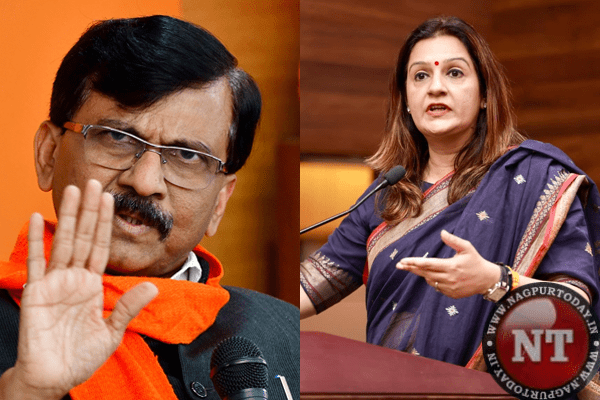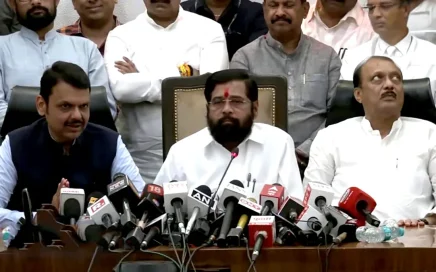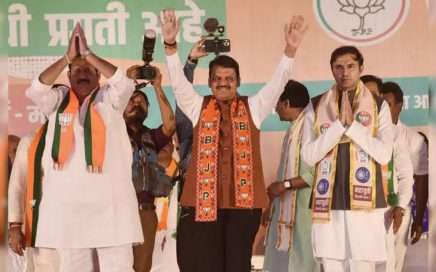
Nagpur: The results of the Maharashtra Assembly elections have created an unprecedented political scenario in the state. The MahaYuti alliance, comprising the Bharatiya Janata Party (BJP), Shiv Sena (Eknath Shinde), and the Nationalist Congress Party (NCP) faction led by Ajit Pawar, has swept the elections with a commanding majority, effectively decimating the Opposition Maha Vikas Aghadi (MVA). The MVA, which consists of Shiv Sena (UBT), the Congress, and the NCP faction led by Sharad Pawar, is projected to win only around 50 seats in the 288-member Legislative Assembly.
This landslide victory by MahaYuti poses a significant challenge for the MVA in electing Rajya Sabha members. Rajya Sabha elections are determined by the votes of elected members of the State Legislative Assembly. With a mere 50-odd MLAs, the MVA’s representation in the Rajya Sabha faces a bleak future.
Sharad Pawar, a veteran leader and current Rajya Sabha member, will find himself in an uncertain position. His faction’s depleted strength in the Assembly means he lacks the numbers to secure re-election to the Upper House. Similarly, Shiv Sena (UBT) leaders Priyanka Chaturvedi and Sanjay Raut, both prominent voices in the Rajya Sabha, may also lose their seats due to their party’s drastically reduced representation in the Assembly.
Absence of Leader of Opposition: A first for Maharashtra
In a striking turn of events, Maharashtra is likely to witness the absence of a Leader of the Opposition in the State Assembly. With the MahaYuti holding a brute majority and the MVA reduced to a fraction of its previous strength, no single opposition party or alliance has the requisite numbers to claim this critical post. This is an unprecedented situation in Maharashtra’s political history, highlighting the decimation of the opposition and raising concerns about checks and balances in governance.
The decimation of the MVA in the Assembly and its potential exclusion from Rajya Sabha representation marks a new chapter in Maharashtra politics. The lack of opposition strength at both state and central levels could lead to significant shifts in political dynamics, with the MahaYuti enjoying near-unchecked power.
Political analysts view this development as a pivotal moment, one that could redefine the state’s political narrative for years to come. Whether the MVA can regroup and recover from this devastating blow remains to be seen, but for now, Maharashtra faces a political landscape marked by unprecedented dominance by the MahaYuti alliance.
















